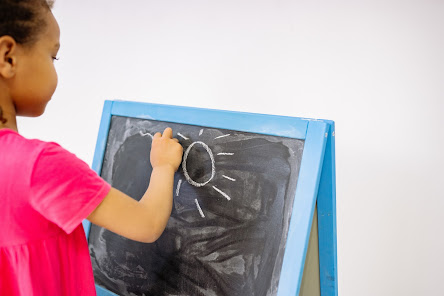In 1907, Maria Montessori opened the first Casa de Bambini, or Children's House. Since then, Montessori education has spread around the planet and is now used in thousands of schools on every continent. From daycare to middle school and beyond, Maria Montessori has left a lasting legacy that is slowly changing how children are taught.
Hands-On Learning
Private middle school uses hands-on activities as the primary form of instruction. These activities are engaging and self-correcting, allowing children to build confidence and self-esteem by correcting their own mistakes. Play-based learning is gaining popularity in more traditional educational systems today, but it has always been a critical aspect of the Montessori Method.Child Centric Development
The children themselves, not the subject being taught, are always at the forefront of the Montessori Method. From developing fine and gross motor skills to helping children develop strong language and writing skills, the focus is on each child, not on keeping the whole class working on the same lesson at the same time.Discipline Without Punishment
Montessori does not use threats or physical punishment to maintain discipline. Instead, children learn that appropriate behavior is valued, and straying from that behavior results in unwanted consequences such as going into timeout, being left out of engaging group activities, and more. Children learn to act in preferential ways because they want to be meaningful members of the group, not because they are afraid of being punished.Leadership Through Confidence
At the heart of the Montessori Method is a child who is self-confident, aware of how their actions affect others, and personally invested in their own educational progress. Maria Montessori recognized that children who feel good about themselves are more willing to do good things for others, take risks, and apply themselves to solving problems and reaching goals.A Dynamic Triad
There are 3 major factors in Montessori education. The first and most important part is the child, but the adults-- generally parents and educators-- form an equally valuable aspect. The triad is rounded out through a carefully prepared environment that regulates activities and guides progress without hampering the individual freedoms of the children it serves. To be successful, the Montessori Method requires all 3 aspects to be present and work in unison for the good of the individual child.Not every aspect of the Montessori Method is available in traditional schools and the name Montessori is not trademarked. Before you enroll your children in a school that claims to be Montessori, take the time to verify that you are working with an authentic Montessori facility.





